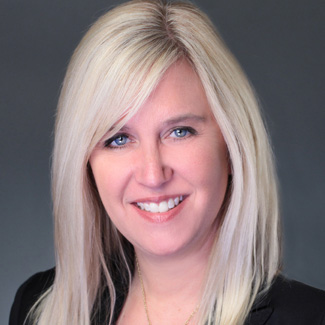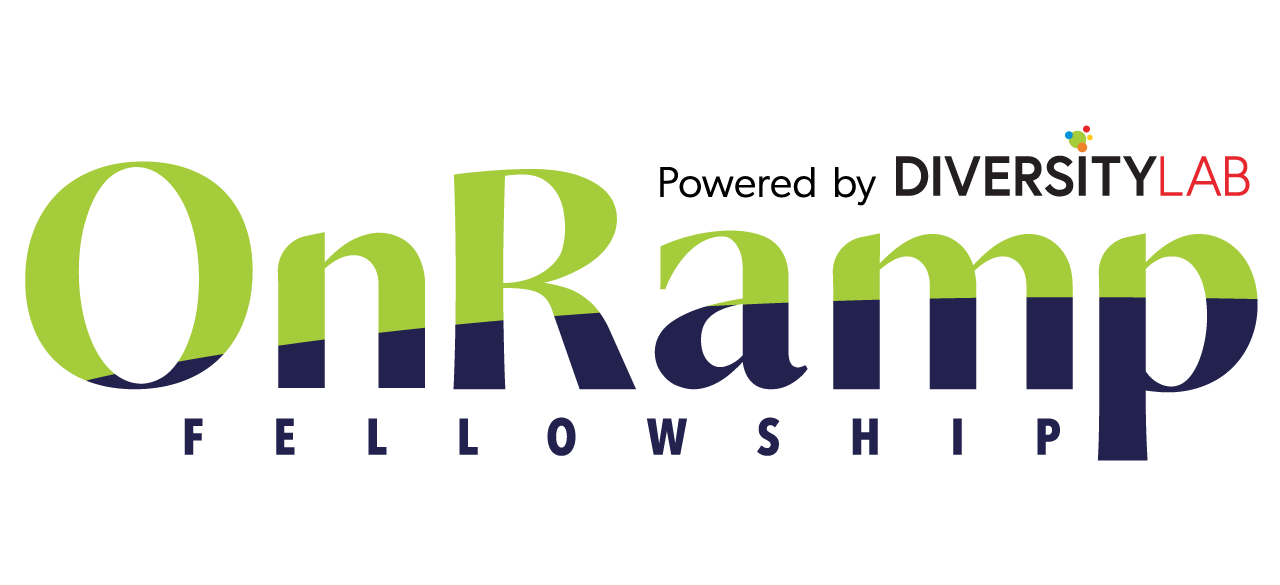
Specialties
Background & Certifications
I began my legal career in practice at an Am Law 100 firm, later leaving to pursue my passion for coaching and lawyer development as the Director of Recruiting and Professional Development at a mid-sized law firm in the mid-Atlantic. In that role, I hired, developed and coached the firm’s associates, as well as collaborated on the design and implementation of the firm’s business development training program. I graduated with a degree in English Literature from Lafayette College (with honors), and my law degree is from Temple University (with honors). I was one of the editors of the law review, and managed the research staff during my third year. I also coached undergraduate students at Temple’s Fox School of Management during my third year of law school. My coach training certification program is the ICF-accredited Institute for Professional Excellence in Coaching (iPEC). I am currently finishing my ICF Associate Certified Coach requirements.
In terms of assessments, I am pending certification as a Master Practitioner of the Energy Leadership Index (ELI).
Coaching Clientele
I work primarily with lawyers (95% of the time) but have also coached PD professionals and HR professionals.
I work with lawyers at all levels: junior, mid-level, and senior associates as well as partners.
Coaching Process
I start each coaching relationship with a “chemistry check,” as coaching is such a close relationship, built on collaboration and trust. As our coaching relationship starts, I work to establish trust and to collaborate to establish and clarify goals. As the relationship progresses, we work towards the goals with a recognition that goals often require redefinition and re-examination. I frequently ask my coaching clients to commit to “homework” to establish accountability. If appropriate, I offer assessments. The specific details about meetings/frequency/time frame depend on the situation but most meetings last 1 hour and most of my engagements are in increments of 3 or 6 months.
Expectations & Benefits
Each of us has the ability to consciously create a pattern of thought to lead to a desired outcome. It is not circumstances, but our thoughts about the circumstances that create our experience. We attract what we think about. When we are consciously positive, we have the power to feel better and to have a more positive experience. There is no amount of action that can compensate for negative thinking. Therefore, I expect my clients to be open to the process, to identify limiting beliefs, and to consciously choose to think differently. I also expect honesty, open communication, and respect for our work together.
Background Information on Clients
Typically, when I am coaching someone, I first assess whether I need additional information from other sources. If it feels necessary, I gather information from partners or mentors of the coaching client. It is very common for a coach to need 360 feedback on coachees.
Case Studies
Time Management: I worked with a mid-level associate who was facing time management challenges. We worked together for 4 months and he made significant progress in his time management practices, as well as his communication with colleagues. The firm saw significant improvement in his attitude, as well as his work quality after our work together. As an additional bonus, the coachee started an exercise program that eventually helped him reform his overall health and wellness.
Transition Coaching: I have coached numerous attorneys who have faced a job transition decision. Throughout the process, in addition to the practical aspects of the work (strategizing, networking, etc), we unpack the emotions that naturally co-exist with the stress of a job transition. Recently, I coached a law firm partner who was struggling with a decision about whether to retire from the practice of law. We worked together for 3 months and ultimately, he became comfortable with the idea of retiring.
The single most important factor that leads to a successful coaching relationship
Trust combined with curiosity and forward action are essential for a successful coaching relationship.
Fee Structure & Ranges
Fees vary, depending on the goals and engagement. Please contact me to discuss your situation.

Copyright © 2023 OnRamp Fellowship, Diversity Lab LLC. All Rights Reserved. Designated trademarks and brands are the property of their respective owners.
Privacy Policy Accessibility Statement
Copyright © 2023 OnRamp Fellowship, Diversity Lab LLC. All Rights Reserved. Designated trademarks and brands are the property of their respective owners.
Privacy Policy Accessibility Statement